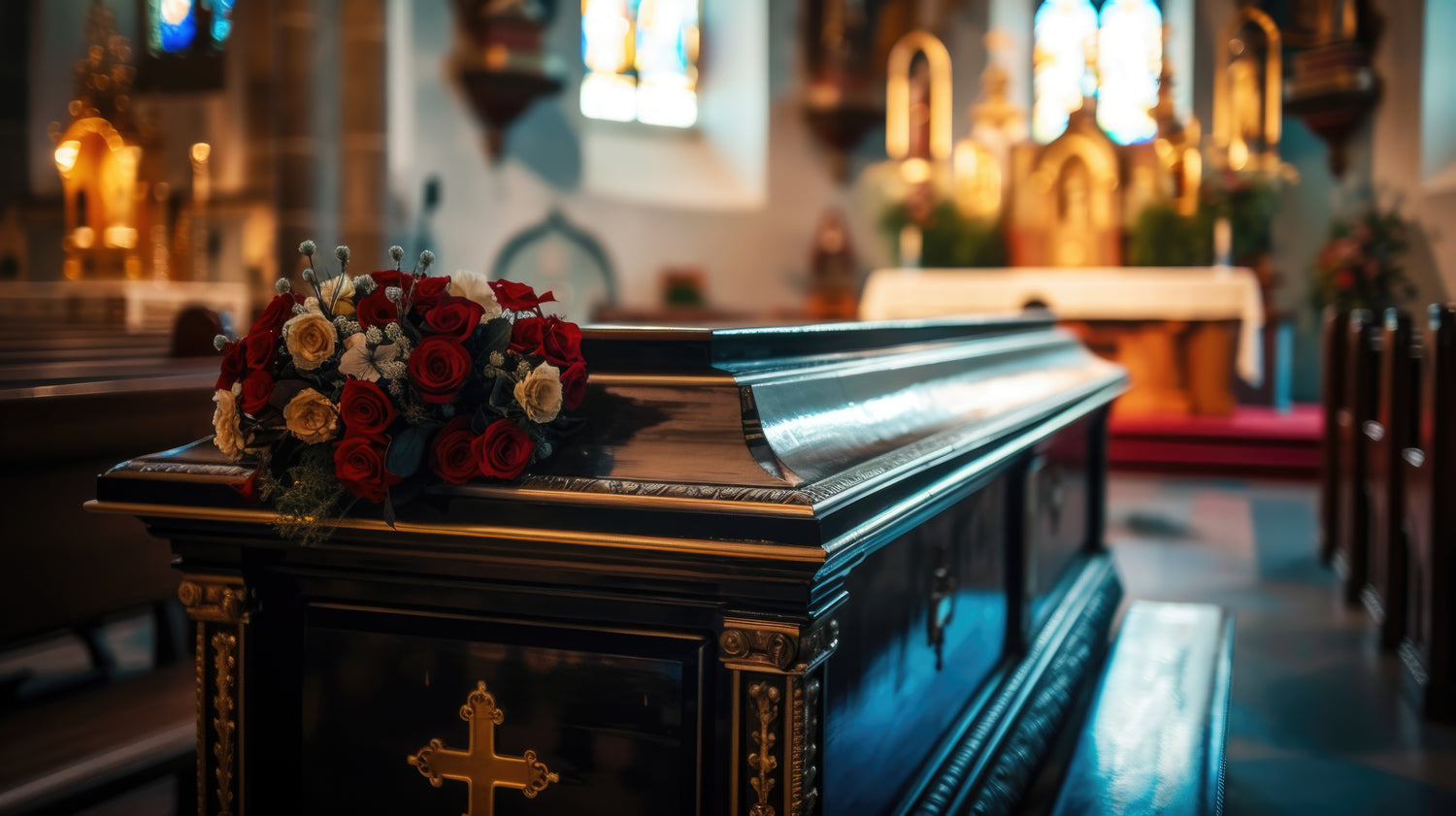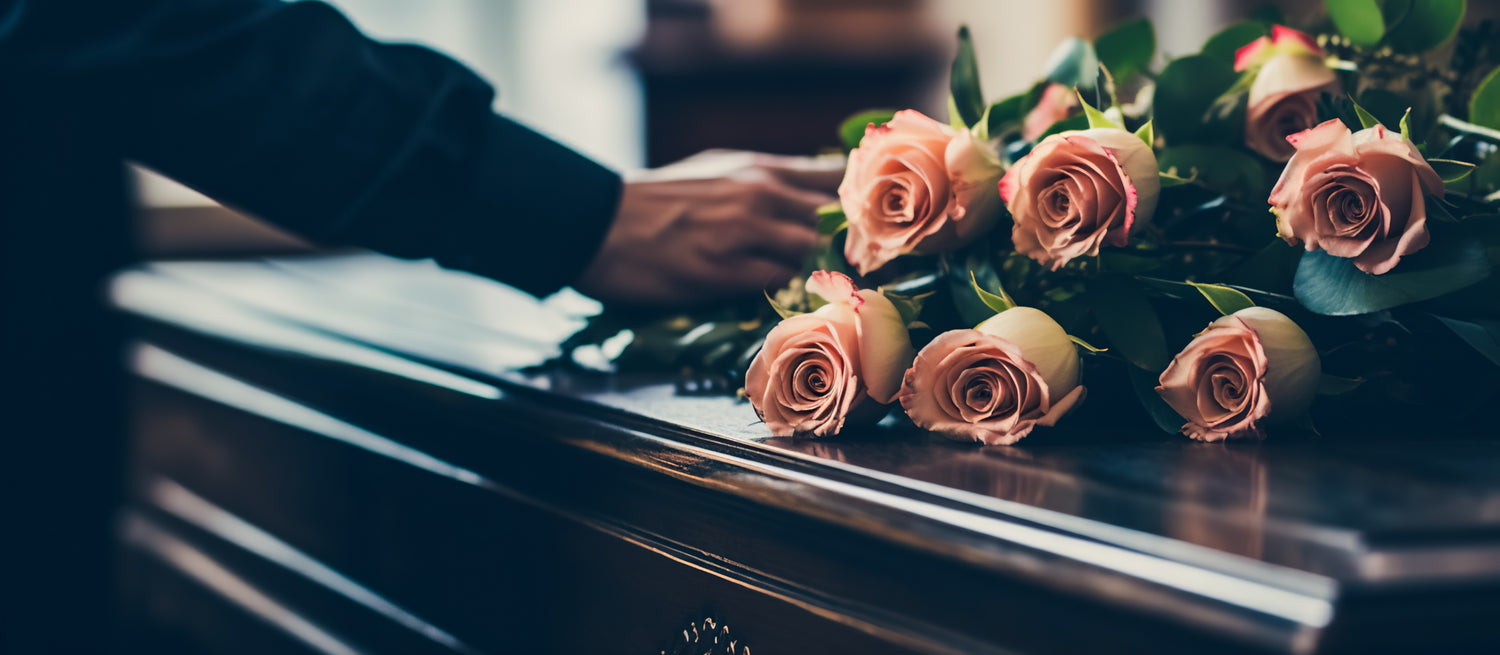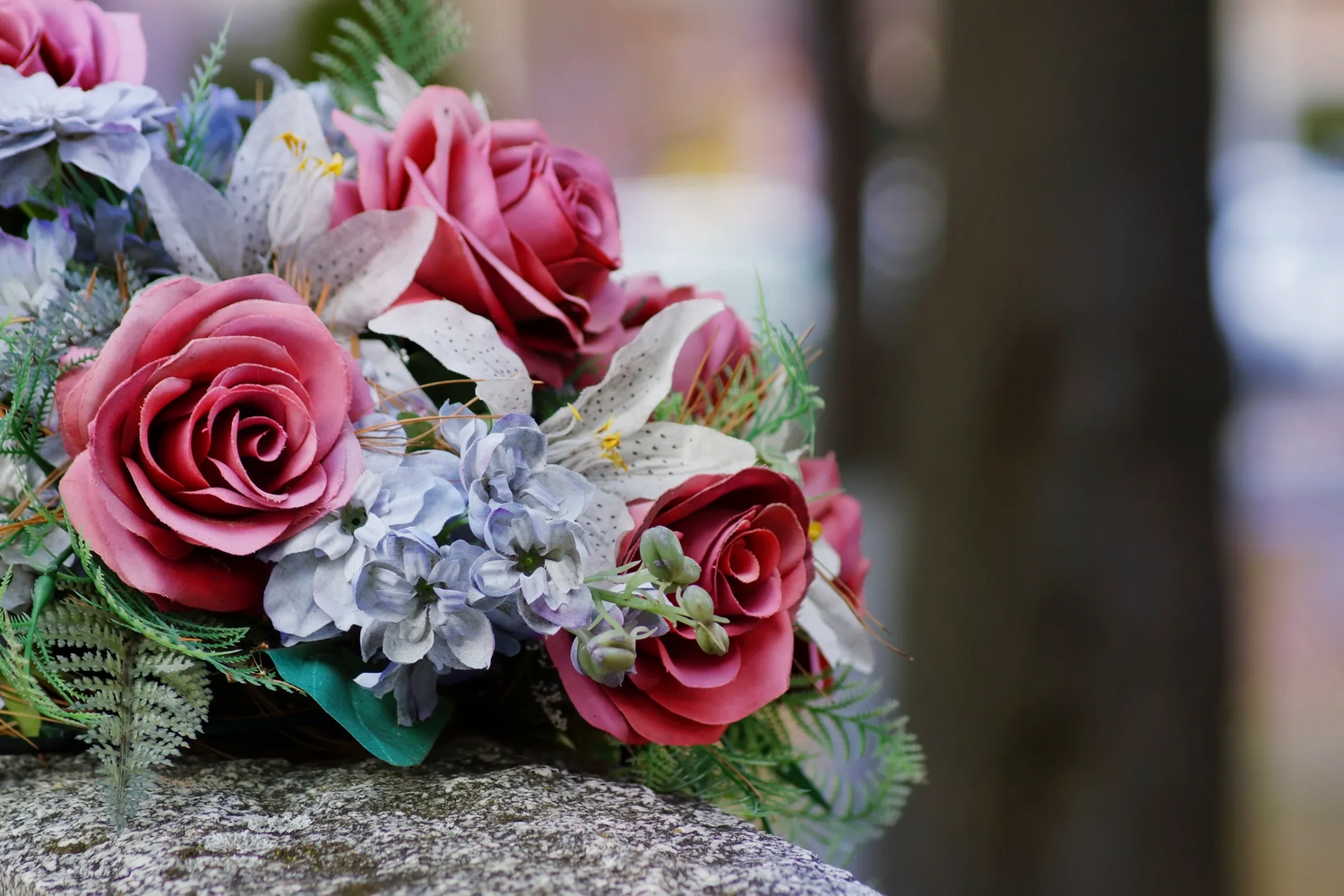
Funeral Planning Guides: A Step-by-Step Resource
Planning a funeral can feel overwhelming, especially during an emotional time. At Immortal Family, we understand how important it is to honor your loved one’s life with care and meaning. This guide will help you navigate the process, offering step-by-step advice, tools, and resources to create a heartfelt farewell.
Why Plan a Funeral?
-

Funeral planning serves several meaningful purposes:
Honors Your Loved One's Wishes:
Whether traditional or unique, it reflects their personal preferences.
Provides Closure:
A thoughtful ceremony helps family and friends say goodbye in a supportive environment.
Celebrates a Life Well-Lived:
Planning allows you to craft a ceremony that truly captures their legacy.
Taking the time to plan ensures that every detail is aligned with your vision, offering peace of mind during a challenging time.
-
Steps to Plan a Funeral
Here is a step-by-step guide to help you organize a meaningful and personalized funeral:
1. Decide on a Type of Service
Choose a service style that reflects your loved one’s personality and values:
- Traditional Funeral
- Memorial Service
- Celebration of Life
- Green Funeral
- Virtual Service or Hybrid Ceremony
2. Choose Burial or Cremation
Select the preferred option and explore burial plots, urns, or other alternatives like natural burials.
3. Select a Funeral Home or Venue
Research and choose a location that accommodates the type of service you want. Consider local funeral homes, churches, or outdoor venues.
-
4. Plan the Ceremony
- Decide who will speak or perform eulogies.
- Include music, readings, or rituals that have personal significance.
- Consider visual tributes, like photo slideshows or displays.
5. Arrange Transportation and Logistics
- Coordinate family transportation and the hearse.
- Provide clear directions or assistance for attendees.
6. Write and Share an Obituary
- Notify the community of the service and share the story of your loved one’s life.
7. Add Personal Touches
- Incorporate memorabilia, photos, or mementos that reflect their passions.
- Design keepsakes for attendees, like memory cards or custom candles.

Funerals
Budgeting for a Funeral
The cost of a funeral varies depending on your preferences. Typical expenses include:
- Funeral home services
- Burial or cremation fees
- Casket or urn
- Flowers and decorations
- Transportation

Funerals
on a Budget
- Pre-plan to spread costs over time.
- Consider affordable options like direct cremation or eco-friendly burials.
- Explore funeral insurance or assistance programs.
- Explore other ways to celebrate

Funerals
FAQs
How long does it take to plan a funeral?
Most funerals are planned within 1-2 weeks, but pre-planning can offer more flexibility.
What is the average cost of a funeral?
Costs vary by region and preferences, but the average funeral in North America ranges from $7,000 to $12,000.
Can I pre-plan my own funeral?
Absolutely. Pre-planning allows you to make choices in advance, easing the burden on your loved ones.
Many Religions take on Unique Funeral and Burial Traditions
Jewish Funeral
- Simple and solemn, focused on honoring the deceased and supporting the family.
- The body is usually buried within 24-48 hours.
- Practices include a eulogy, recitation of Psalms, and a graveside ceremony.
- Cremation is generally discouraged, and embalming is avoided.
Muslim Funeral (Janazah)
- Follows Islamic law, emphasizing simplicity and prompt burial, usually within 24 hours.
- The body is washed and wrapped in a white shroud (kafan) before burial.
- A prayer (Salat al-Janazah) is performed, and the body is placed directly into the ground without a coffin.
Hindu Funeral
- Cremation is the standard practice, believed to release the soul from the body.
- The ceremony involves prayers, mantras, and offerings to guide the soul.
- Ashes are often scattered in a sacred river or another meaningful location.
Buddhist Funeral
- Focuses on the cycle of life, death, and rebirth (samsara).
- Ceremonies may include chanting, meditation, and offerings to monks.
- Cremation is common, but burial is also practiced, depending on cultural background.
Sikh Funeral
- Emphasizes the soul's return to the divine and acceptance of God's will.
- Cremation is traditional, followed by prayers and reading from the Guru Granth Sahib.
- The family often organizes a langar (community meal) afterward.
Mormon Funeral (Latter-day Saints)
- Focused on hope, eternal life, and resurrection.
- Services often take place in a church or funeral home and may include hymns, prayers, and speeches by family members or clergy.
- Burial is the standard practice, but cremation is not prohibited.
Secular or Humanist Funeral
- Non-religious and focuses on celebrating the life of the deceased.
- Often includes personal stories, music, and readings, with no spiritual or religious elements.
- Can take place at a funeral home, private residence, or outdoors.
Native American Funeral
- Practices vary widely by tribe but often incorporate elements of nature and spirituality.
- May include ceremonies with traditional songs, dances, and prayers.
- Burials or cremations are conducted in ways that honor tribal customs.
Pagan or Wiccan Funeral
- Celebrates the natural cycle of life and death, often with rituals tied to nature and the elements.
- Can include candle lighting, chanting, and blessings for the deceased's journey to the afterlife.
- Burials or cremations are typically personalized.
Bahá'í Funeral
- Follows principles of simplicity and dignity.
- The body is buried within an hour's journey of the place of death.
- A specific prayer for the dead is recited, and embalming and cremation are discouraged.

